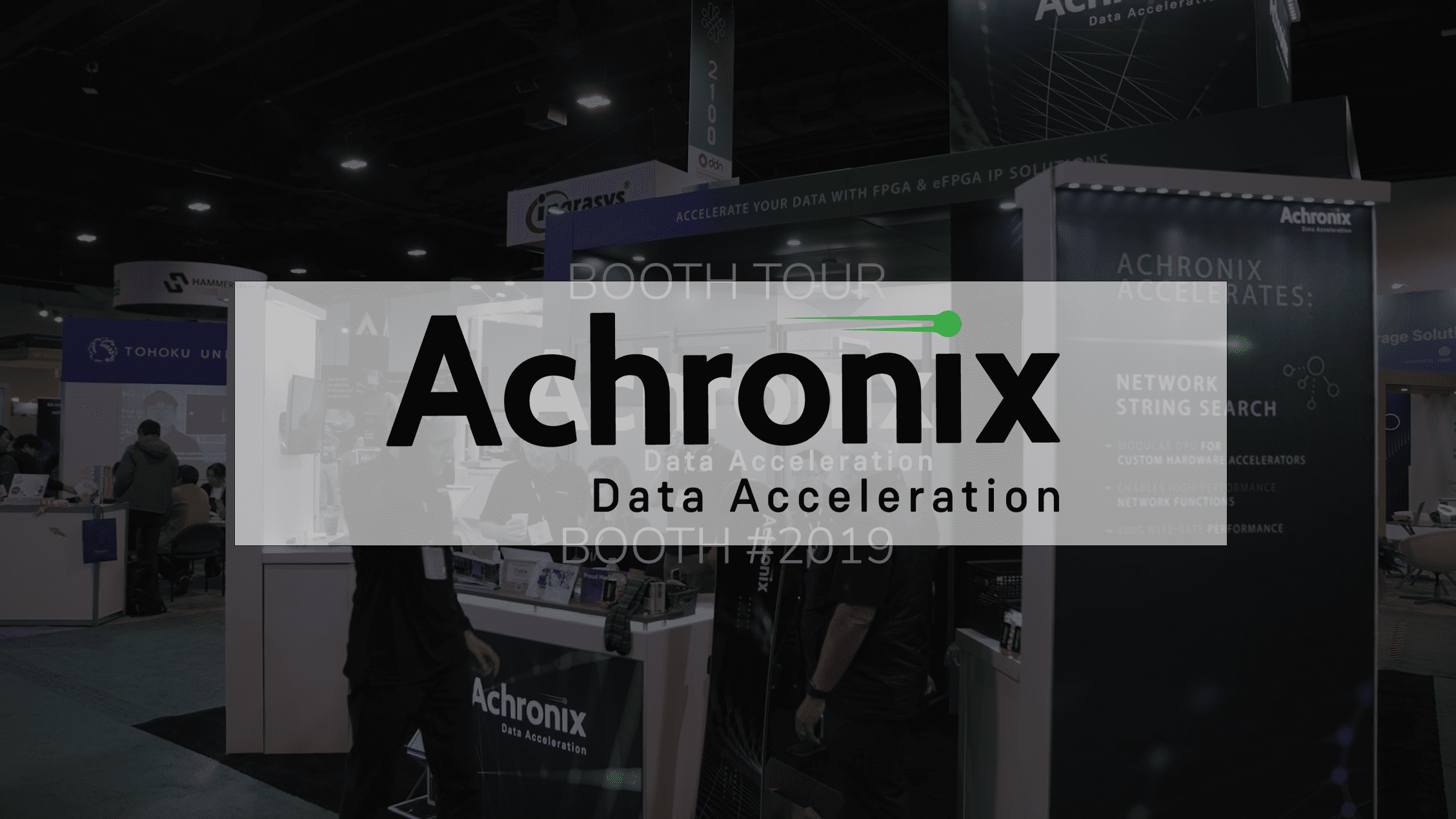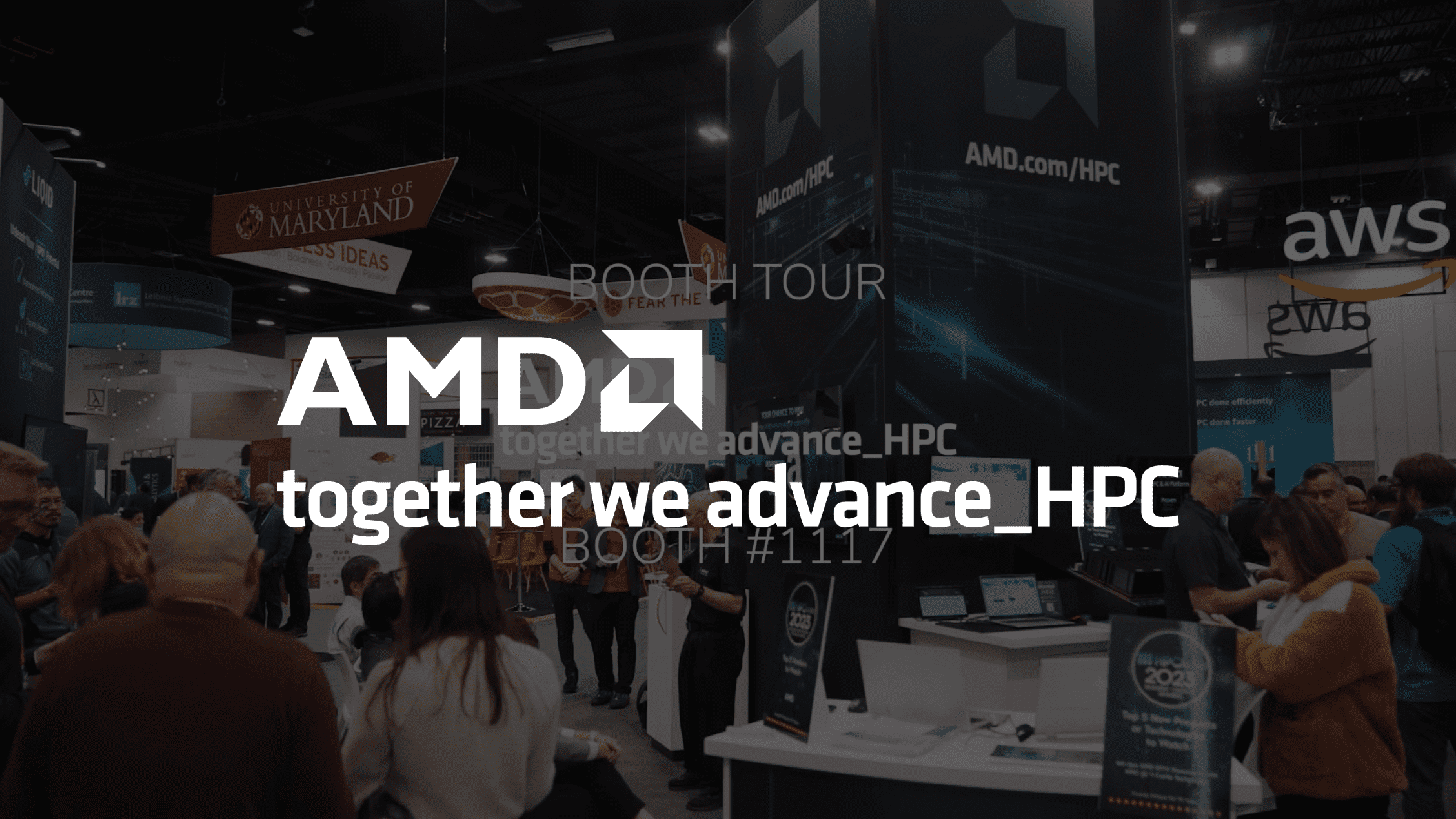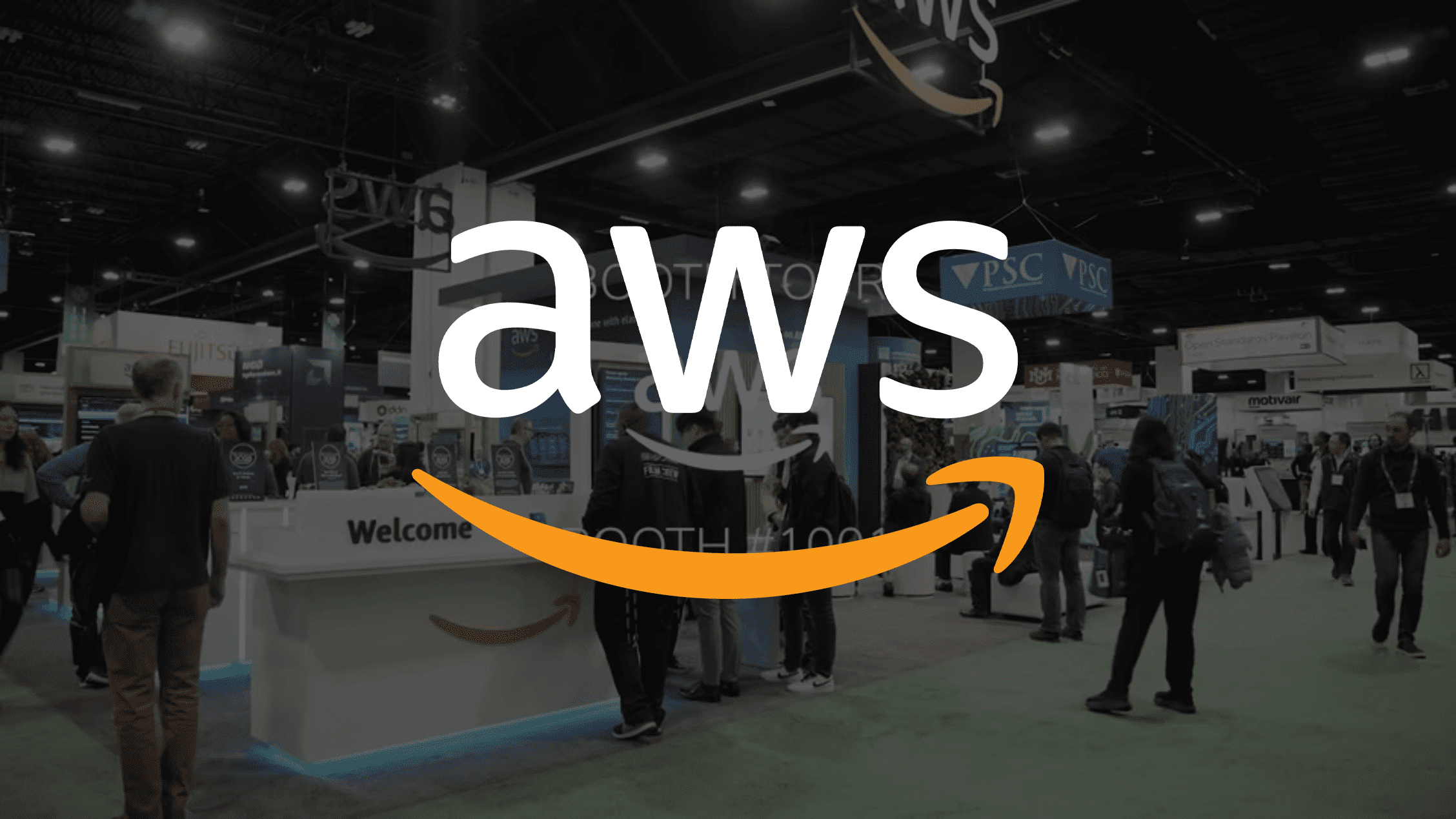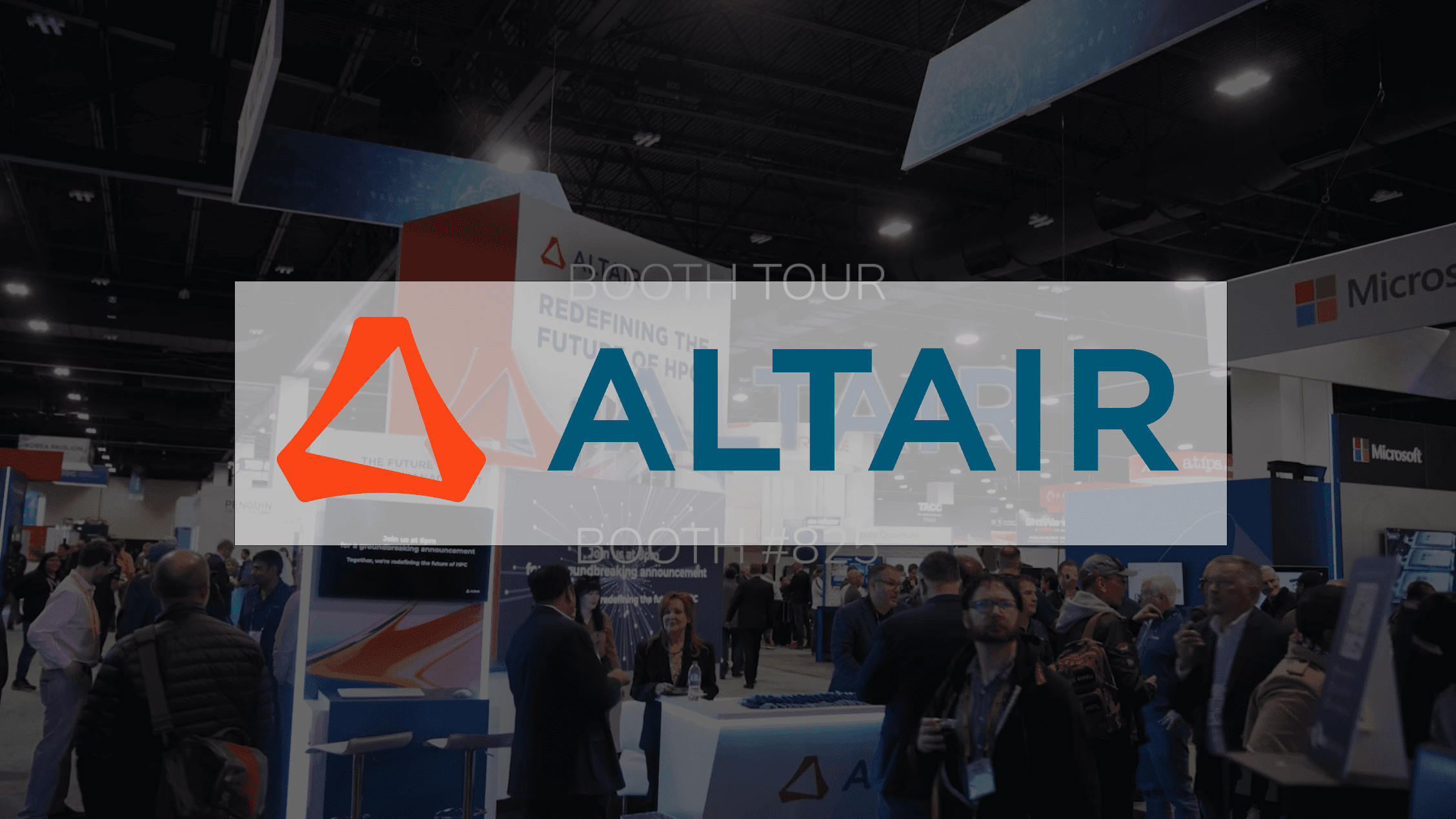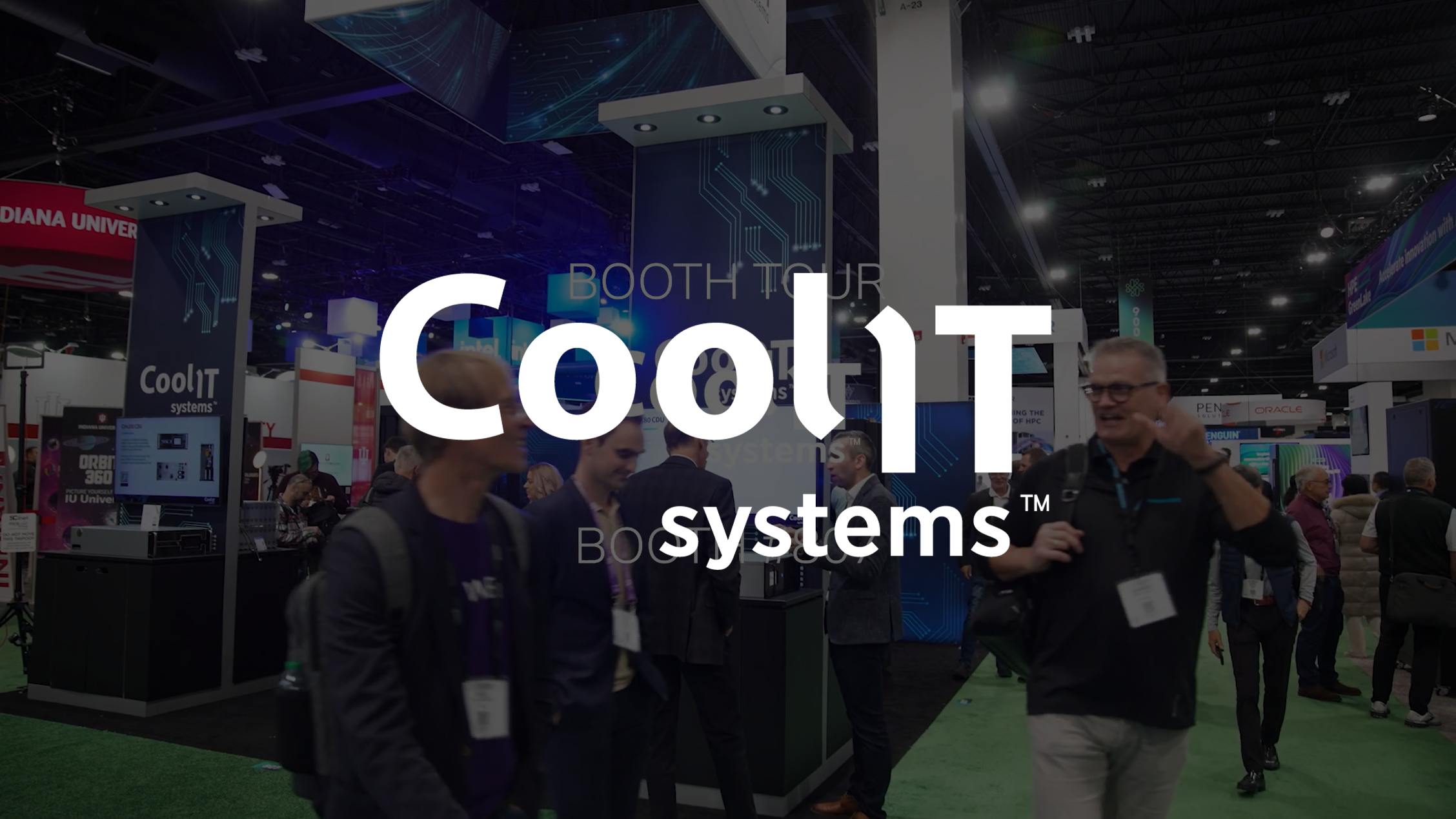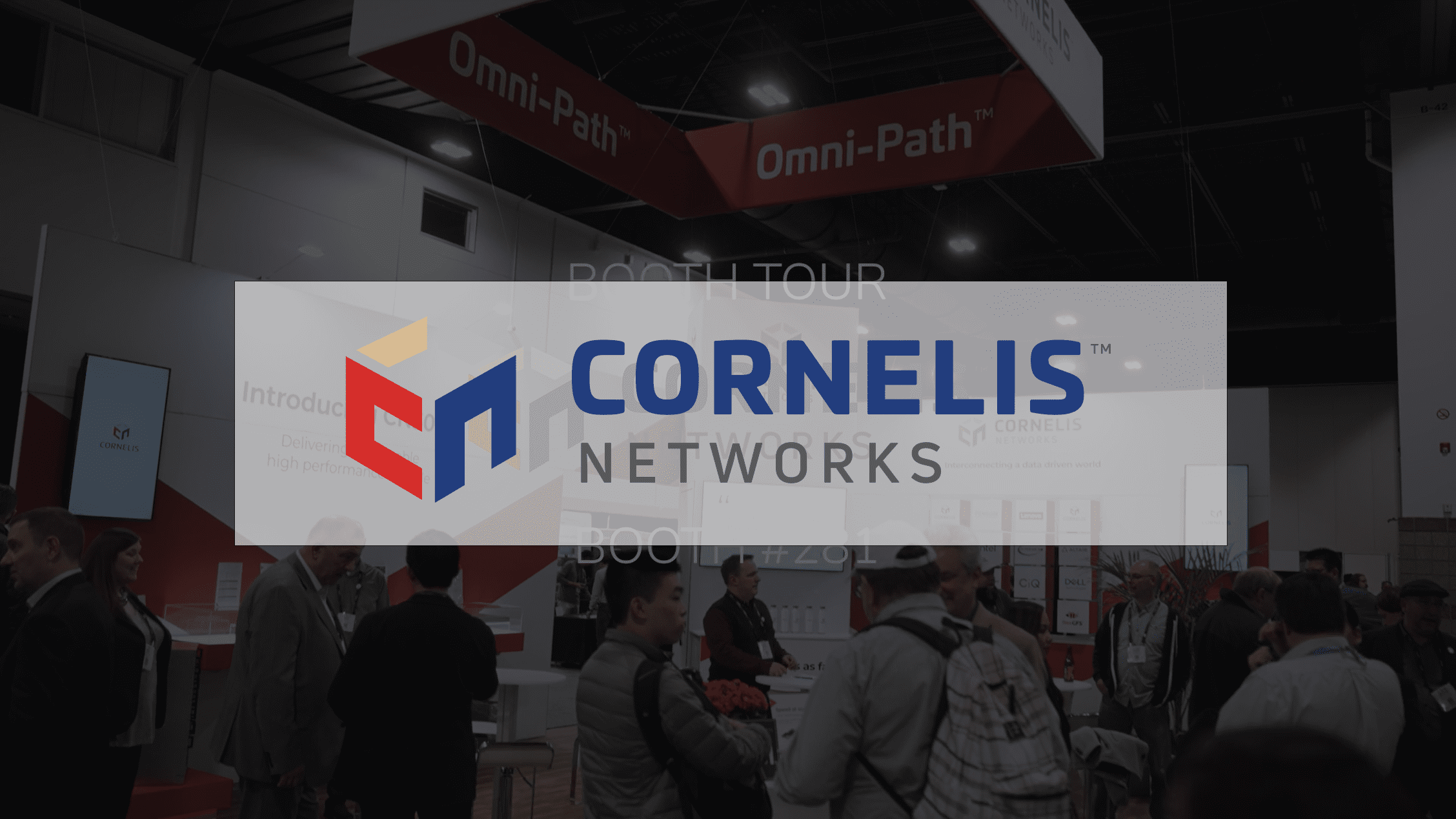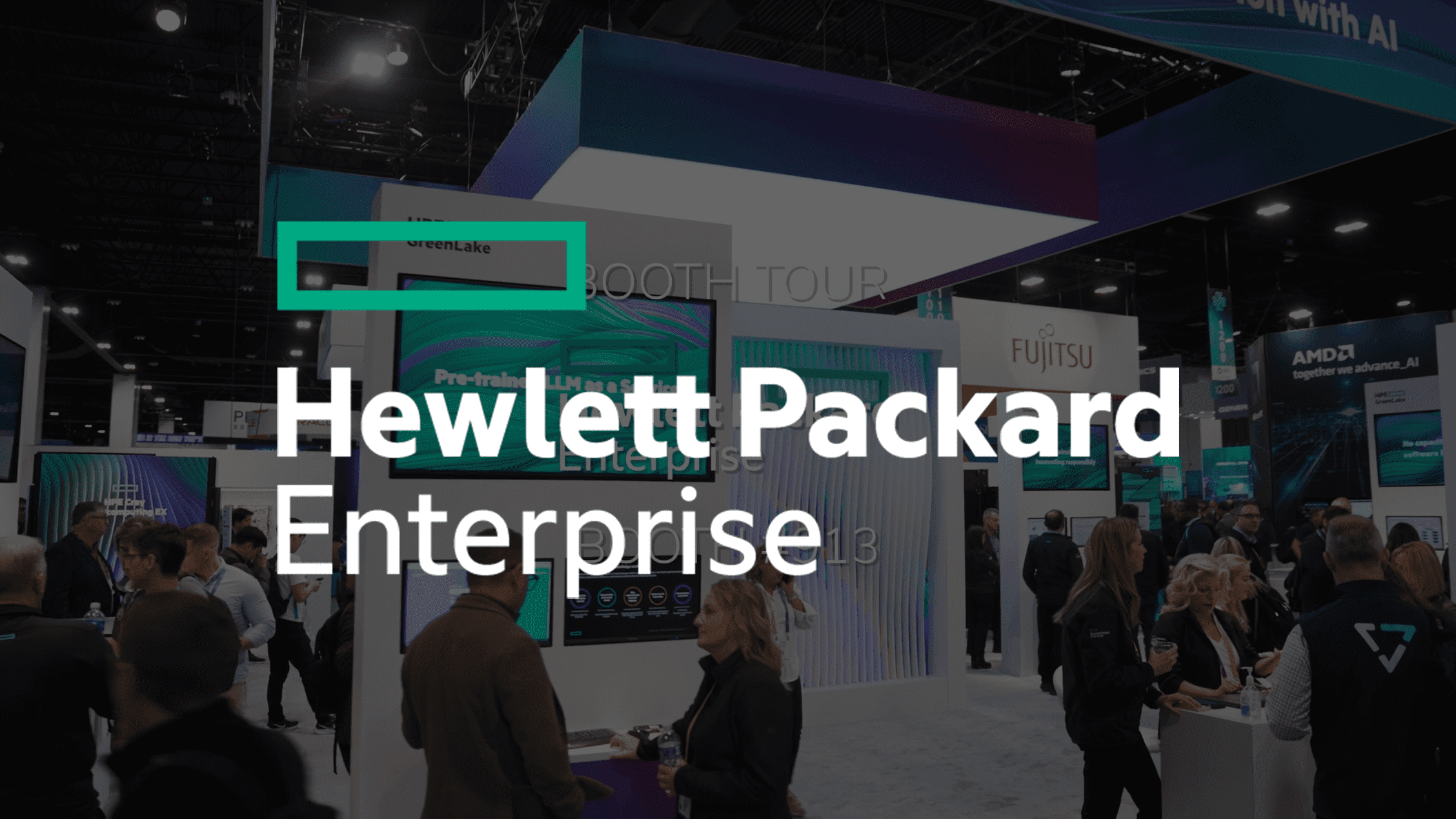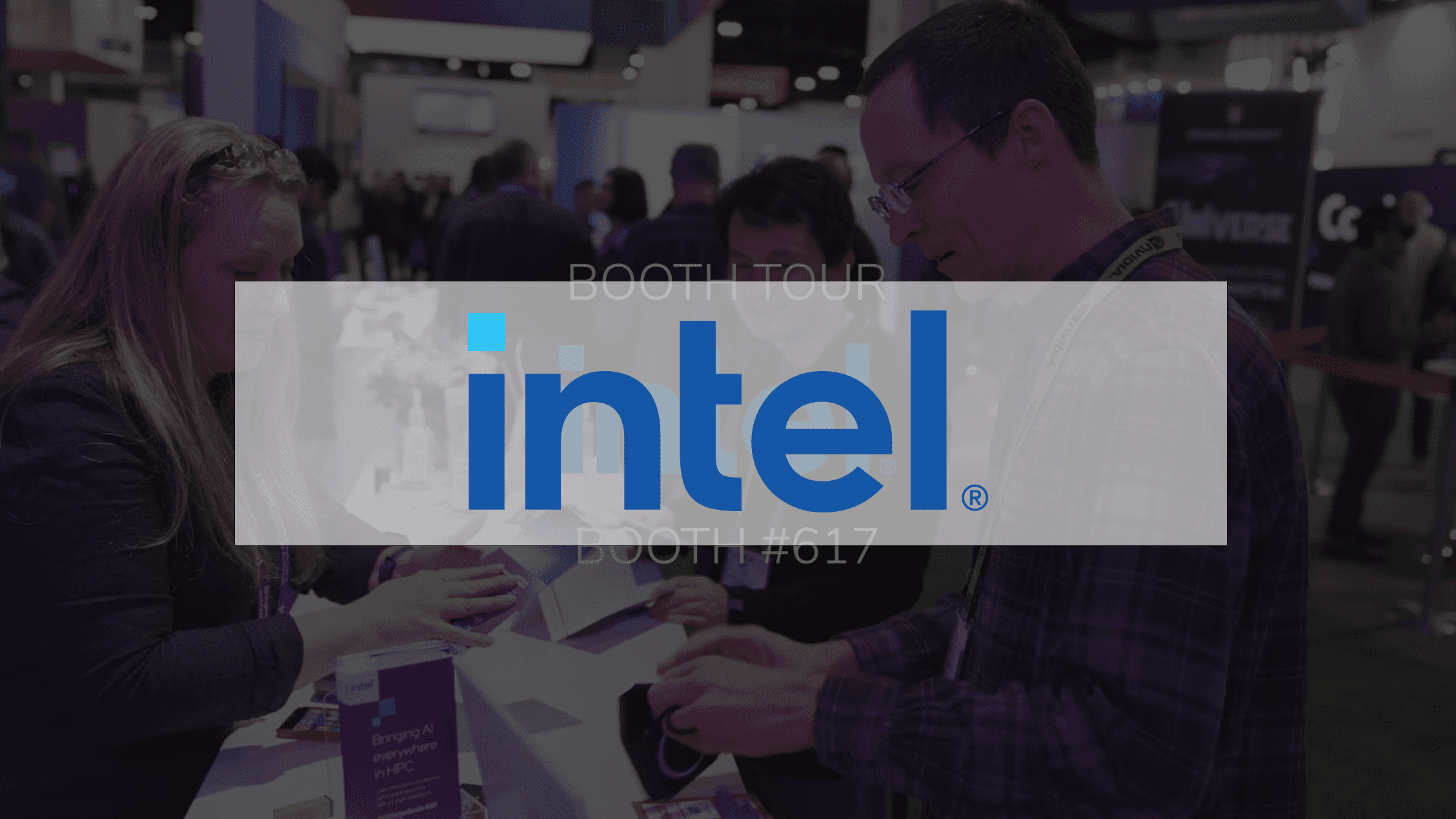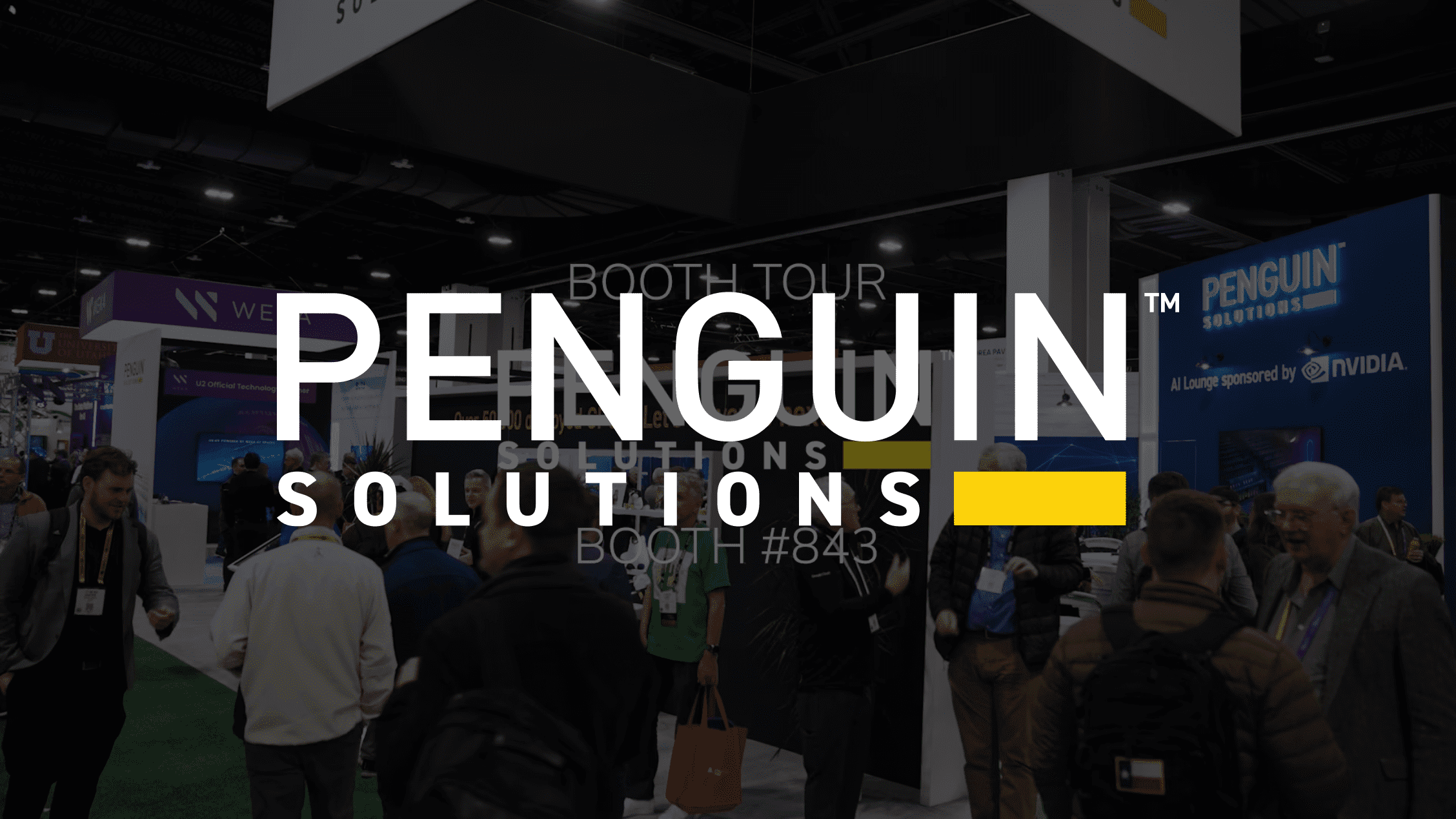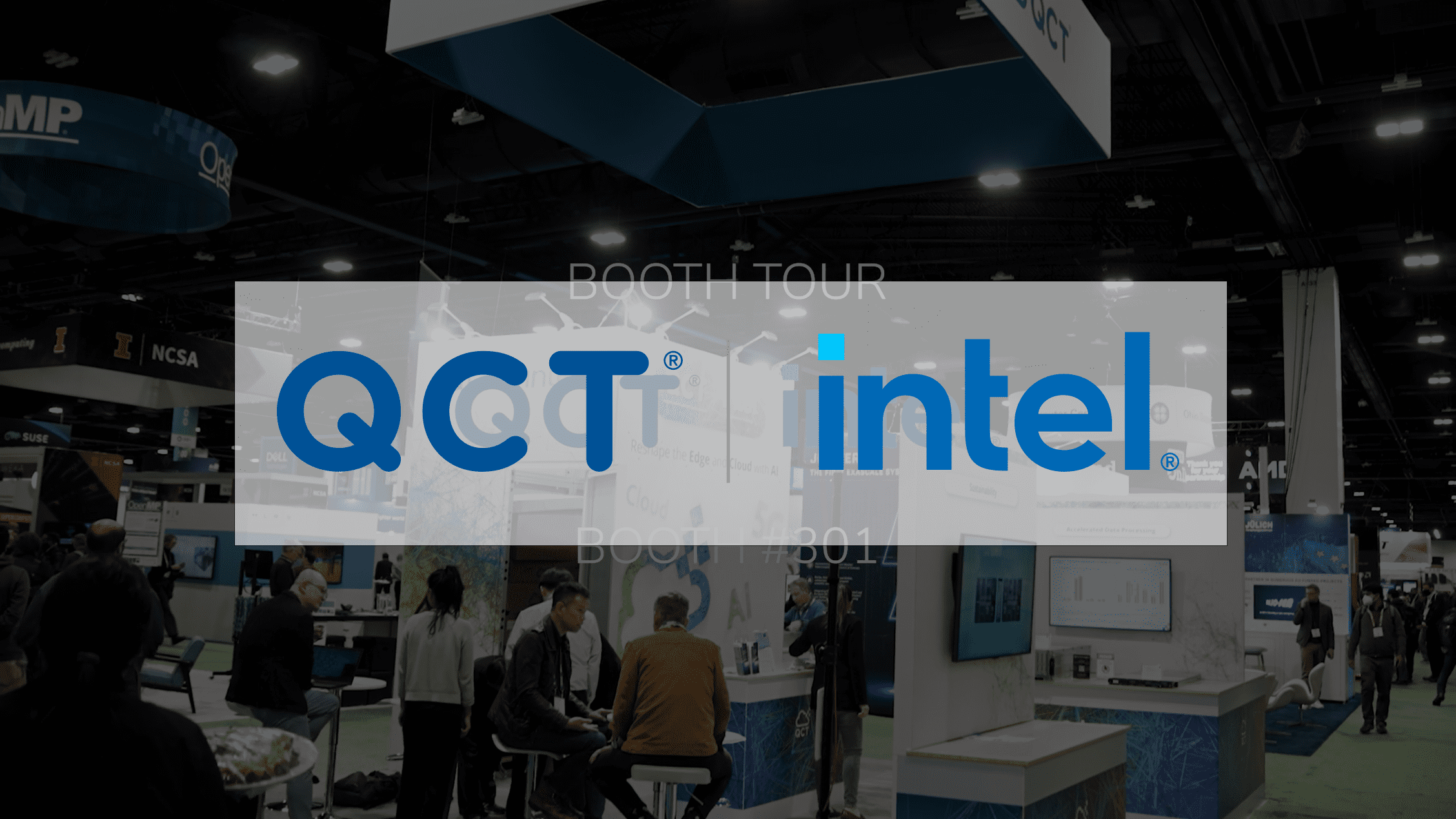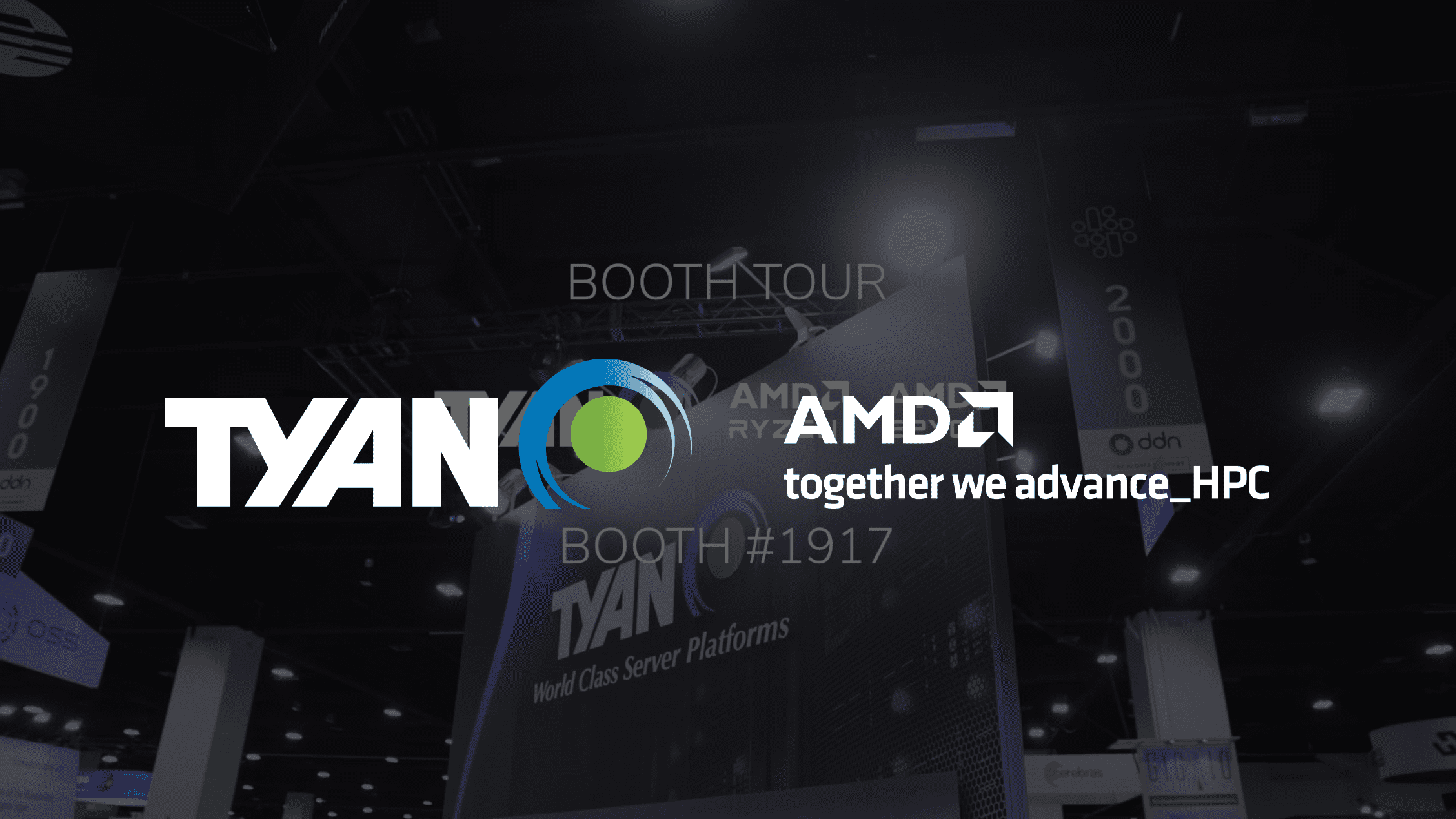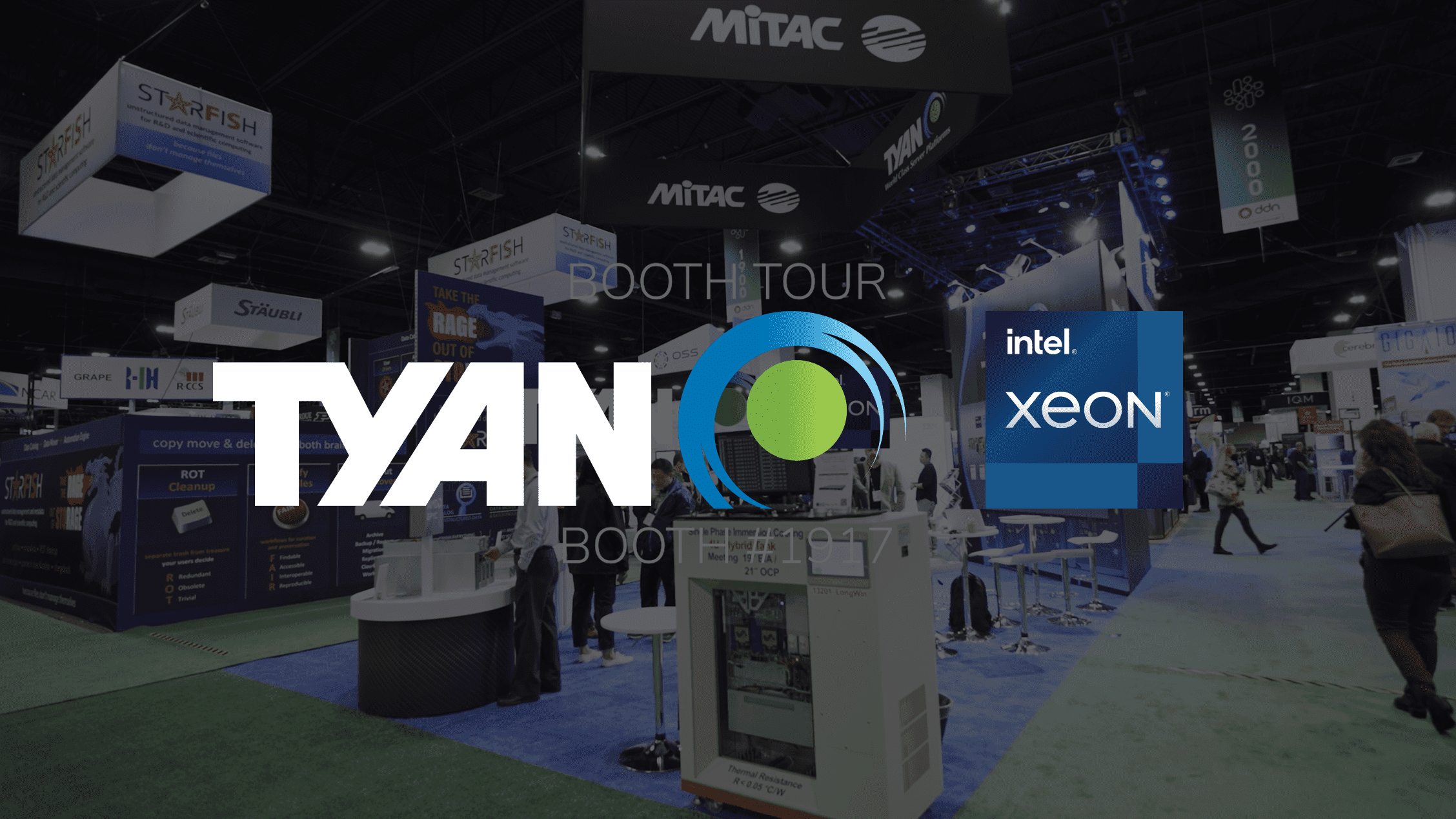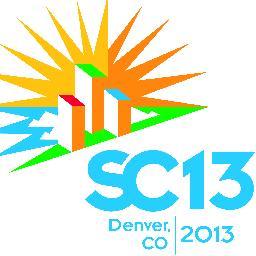


SC13 Wrapup: Supercomputing’s Top Themes
For those of us who traveled to Denver for SC13, it's now back to "normal" as the year in high performance computing begins its slow descent into relative silence before a fresh start in 2014.

Intel Brings Knights to the Roundtable at SC13
This week during SC13, Intel hosted a roundtable session to discuss the future of its upcoming Knights Landing product, hitting on where the key benefits are expected for technical computing user …

Big Data Begets Big Storage Announcements; SC13 Winds Down
November 25, 2013
This week's podcast discusses big announcements from NetApp, Xyratex, and DataDirect Networks. It also delves into what impressed at SC13 and what was missing f Read more…
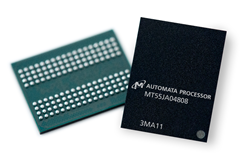
Micron Exposes the Double Life of Memory with Automata Processor
November 22, 2013
If we had to take a pick from some of the most compelling announcements from SC13, the news from memory vendor (although that narrow distinction may soon change Read more…

Gordon Bell Prize Bubbles from Sequoia
November 22, 2013
Each year at SC, the ACM hands out one of the most coveted awards, the Gordon Bell Prize. The award, which became a regular feature of SC, began in 1987 and now Read more…

Mont Blanc Forges Cluster from Smartphone Chips
November 22, 2013
The Mont Blanc project, an effort by a number of European supercomputing centers and vendors that seeks to create an energy-efficient supercomputer based on ARM Read more…

NVIDIA Kepler Parts Top Green500
November 22, 2013
Twice a year, in step with the biannual TOP500 list, the Green500 list ranks the most powerful systems in the world based on energy-efficiency. Published Wednes Read more…

SC Launches HPC Matters Video Challenge
November 21, 2013
With SC13 in Denver, Colorado, starting to wind down, this mostly-volunteer organization is looking ahead to SC14, where the conference will reprise its SC10 ve Read more…

TOP500 Treads Water; New Chips Look to the Future
November 20, 2013
This week’s podcast discusses the TOP500 list, including a new member to that list, the Piz Daint system. It also covers news from the RSC Group, NVIDIA’s l Read more…

HPC Power Efficiency and the Green500
November 20, 2013
The first Green500 List was launched in November 2007 ranking the energy efficiency of supercomputers. Co-founder Kirk W. Cameron discusses the events that led Read more…

HPC Quiz: How Do Your SC Credentials Stack Up?
November 19, 2013
How do your SC skills stack up? Take this quiz and share the results with its author, Andrew Jones, aka @HPCnotes on Twitter or (maybe not) with your boss... Read more…

SC13 Talk Pushes HPC in New Educational Directions
November 19, 2013
According to Dr. Thom Dunning from University of Illinois at Urbana-Champaign, science and engineering research has been revolutionized by computation but, to d Read more…

Top 500 Interconnect History Highlights Ethernet Trends
November 19, 2013
As we related earlier when the news of the Top 500 rankings broke this morning, this November’s SC list was a rather static one in terms of the top ten system Read more…

LINPACK Creator Sheds Light on Emerging HPC Benchmark
November 18, 2013
Back in June during the International Supercomputing Conference (ISC), we discussed the need for a potential alternative to the current LINPACK benchmark, which Read more…

Extreme Computational Biology at SC13: An Interview with Dr. Klaus Schulten
November 18, 2013
According to Dr. Klaus Schulten from the University of Illinois, the molecular dynamics and visualization programs NAMD and VMD, which serve over 300,000 regist Read more…

Tesla GPU Accelerators Hit the Gas with GPU Boost
November 18, 2013
Nvidia is rolling out a new top-end GPU accelerator, called the Tesla K40, that has both more processing capacity and more memory than the current K20X accelera Read more…

Breaking: Results in for this Year’s Top500 Supercomputer List
November 18, 2013
While we hope you'll stay tuned this morning for a detailed analysis of major trends on this year's Top500 list, for now, we wanted to deliver the breaking resu Read more…

SC13 Research Highlight: Dynamic Electric Pricing for Energy Aware Scheduling
November 16, 2013
As supercomputers continue to grow, so do the associated electricity bills. These costs are now a leading component of total cost of ownership (TCO) of HPC syst Read more…

SC13 Research Highlight: Large Graph Processing Without the Overhead
November 16, 2013
Many real world information networks consist of millions or billions of vertices representing heterogeneous entities and billions or trillions of edges represen Read more…

SC13 Research Highlight: Extreme Scale Plasma Turbulence Simulation
November 16, 2013
As the global energy economy makes the transition from fossil fuels toward cleaner alternatives, fusion becomes an attractive potential solution for satisfying Read more…

SC13 Research Highlight: COCA Targets Datacenter Costs, Carbon Neutrality
November 16, 2013
The rapid growth of high performance computing and cloud computing services in recent years has contributed to the dramatic increase in the number and scale of Read more…

SC13 Research Highlight: There Goes the Performance Neighborhood…
November 16, 2013
Message passing can take up a significant fraction of the run time for massively parallel science simulation codes. Consistently high message passing rates are Read more…

Big Data and Exascale Go a Mile High; Looking Ahead to SC13
November 16, 2013
This week’s podcast discusses NEC’s release of the SX-ACE supercomputer and NVIDIA’s CUDA 6. The podcast also delves into some of the sessions that will t Read more…

SC13 Research Highlight: Petascale DNS of Turbulent Channel Flow
November 15, 2013
Whether a car on the highway, a plane flying through the air, or a ship in the ocean, all of these transport systems move through fluids. And in nearly all case Read more…

Cosmic Supercomputing Code Selected as Gordon Bell Finalist
November 13, 2013
The illuminated compact region shining from the center of an active galaxy is known as an active galactic nucleus (AGN). Active galactic nuclei can produce jets Read more…

Beowulf Community Comes Together at SC13
November 9, 2013
A Personal Take on the Big Event... When I first started in HPC I used the classic supercomputers such as the CDC 6600, the Cyber 205, and the ETA-10. Fortun Read more…
Off the Wire from SC13
Heterogeneous Systems Dominate the Green500 - (11/20/2013)
Mellanox InfiniBand Adoption Grows Across TOP500 Systems - (11/20/2013)
Molex Introduces New Active Optical Cables at SC13 - (11/20/2013)
IBM Supercomputers Take Top Spots on Graph500 List - (11/20/2013)
University of Oslo Utilizing NumaConnect Cluster - (11/20/2013)
ATTO Technology Presents High Performance Products at SC13 - (11/20/2013)
AppliedMicro to Demonstrate Scale-Out Solution at SC13 - (11/20/2013)
Scalable Informatics Releases Unison Storage Cloud Appliance - (11/19/2013)
Huawei Unveils Enterprise Storage for the HPC Cloud - (11/19/2013)
NAG Awarded for HPC Innovation at SC13 - (11/19/2013)
Huawei Introduces Blade Servers for the HPC Cloud at SC13 - (11/19/2013)
Intel Unveils HPC Innovations and New Software Tools - (11/19/2013)
Finisar Broadens Optical Interconnect Portfolio at SC13 - (11/19/2013)
Convey Computer Announces Deal with Dell - (11/19/2013)
Xyratex Announces ClusterStor 9000 - (11/19/2013)
Terascala Announces the Release of TeraOS 5 at SC13 - (11/19/2013)
Brocade ICX 7750 Network Switch Launched - (11/19/2013)
Mellanox InfiniBand Adapter Performance Revealed - (11/19/2013)
MetaFlows Secures Network at SC13 with MSS - (11/19/2013)
Adaptive Computing Introduces Moab Task Manager - (11/19/2013)
Xyratex to Exhibit at SC13 - (11/19/2013)
Quantum Selects Mellanox as InfiniBand Partner - (11/19/2013)
Molex Showcases New EMI Cages at SC13 - (11/19/2013)
OpenMP 4.0 Released by Consortium - (11/19/2013)
Intel Selects CoolIT Systems to Liquid Cool Top500 Cluster - (11/18/2013)
Eurotech Introduces New HPC Systems at SC13 - (11/18/2013)
OSS Unveils Latest Appliances for HPC Market at SC13 - (11/18/2013)
PLX to Demonstrate ExpressFabric Technology at SC13 - (11/18/2013)
Solarflare to Host “TechTalks” at SC13 - (11/18/2013)
Dot Hill Showcases AssuredSAN Storage Solutions at SC13 - (11/18/2013)
Molex and CALIENT Demo HPC Networking Solution at SC13 - (11/18/2013)
Imation Introduces New Storage Array Product Line - (11/18/2013)
Penguin Computing Introduces Tundra Open HPC - (11/18/2013)
Huawei to Showcase HPC Offerings at SC13 - (11/18/2013)
HP Servers Support TOP500 Supercomputers - (11/18/2013)
Altair Announces Availability of Display Manager - (11/18/2013)
Altera’s SDK for OpenCL Supports IBM Servers - (11/18/2013)
Dell Renews Commitment to HPC in Research - (11/18/2013)
InMon Demonstrates Network Analytics at SCinet - (11/18/2013)
Purdue Supercomputer Utilizes Mellanox InfiniBand Adapters - (11/18/2013)
Xilinx to Showcase Datacenter Solutions at SC13 - (11/18/2013)
Super Micro Exhibits Latest HPC Solutions at SC13 - (11/18/2013)
SCinet to Utilize Spirent Ethernet Solutions - (11/18/2013)
SysFera-DS Version 4.0 for HPC Management Released - (11/18/2013)
SCinet NRE Showcases Internet Innovations - (11/18/2013)
TACC to Test Pilot Toopher Authentication Technology at SC13 - (11/15/2013)
NASA to Showcase Computational Achievements at SC13 - (11/15/2013)
Ace Computers to Showcase HPC Products at SC13 - (11/15/2013)
Indiana University Innovations on Display at SC13 - (11/14/2013)
Intel Invites Fovia to Present at SC13 - (11/14/2013)
ScaleMP Announces Participation at SC13 - (11/14/2013)
Kitware to Exhibit Advancements in HPC at SC13 - (11/14/2013)
Fusion-io to Showcase Alliance Partner Solutions at SC13 - (11/14/2013)
Fujitsu to Deploy Packet ONP at SC13 - (11/13/2013)
DDN to Preview New Technology at SC13 - (11/12/2013)
Ciena Solutions to Support SCinet at SC13 - (11/11/2013)
Heterogeneous Systems Dominate the Green500 - (11/20/2013)
Mellanox InfiniBand Adoption Grows Across TOP500 Systems - (11/20/2013)
Molex Introduces New Active Optical Cables at SC13 - (11/20/2013)
IBM Supercomputers Take Top Spots on Graph500 List - (11/20/2013)
University of Oslo Utilizing NumaConnect Cluster - (11/20/2013)
ATTO Technology Presents High Performance Products at SC13 - (11/20/2013)
AppliedMicro to Demonstrate Scale-Out Solution at SC13 - (11/20/2013)
Scalable Informatics Releases Unison Storage Cloud Appliance - (11/19/2013)
Huawei Unveils Enterprise Storage for the HPC Cloud - (11/19/2013)
NAG Awarded for HPC Innovation at SC13 - (11/19/2013)
Huawei Introduces Blade Servers for the HPC Cloud at SC13 - (11/19/2013)
Intel Unveils HPC Innovations and New Software Tools - (11/19/2013)
Finisar Broadens Optical Interconnect Portfolio at SC13 - (11/19/2013)
Convey Computer Announces Deal with Dell - (11/19/2013)
Xyratex Announces ClusterStor 9000 - (11/19/2013)
Terascala Announces the Release of TeraOS 5 at SC13 - (11/19/2013)
Brocade ICX 7750 Network Switch Launched - (11/19/2013)
Mellanox InfiniBand Adapter Performance Revealed - (11/19/2013)
MetaFlows Secures Network at SC13 with MSS - (11/19/2013)
Adaptive Computing Introduces Moab Task Manager - (11/19/2013)
Xyratex to Exhibit at SC13 - (11/19/2013)
Quantum Selects Mellanox as InfiniBand Partner - (11/19/2013)
Molex Showcases New EMI Cages at SC13 - (11/19/2013)
OpenMP 4.0 Released by Consortium - (11/19/2013)
Intel Selects CoolIT Systems to Liquid Cool Top500 Cluster - (11/18/2013)
Eurotech Introduces New HPC Systems at SC13 - (11/18/2013)
OSS Unveils Latest Appliances for HPC Market at SC13 - (11/18/2013)
PLX to Demonstrate ExpressFabric Technology at SC13 - (11/18/2013)
Solarflare to Host “TechTalks” at SC13 - (11/18/2013)
Dot Hill Showcases AssuredSAN Storage Solutions at SC13 - (11/18/2013)
Molex and CALIENT Demo HPC Networking Solution at SC13 - (11/18/2013)
Imation Introduces New Storage Array Product Line - (11/18/2013)
Penguin Computing Introduces Tundra Open HPC - (11/18/2013)
Huawei to Showcase HPC Offerings at SC13 - (11/18/2013)
HP Servers Support TOP500 Supercomputers - (11/18/2013)
Altair Announces Availability of Display Manager - (11/18/2013)
Altera’s SDK for OpenCL Supports IBM Servers - (11/18/2013)
Dell Renews Commitment to HPC in Research - (11/18/2013)
InMon Demonstrates Network Analytics at SCinet - (11/18/2013)
Purdue Supercomputer Utilizes Mellanox InfiniBand Adapters - (11/18/2013)
Xilinx to Showcase Datacenter Solutions at SC13 - (11/18/2013)
Super Micro Exhibits Latest HPC Solutions at SC13 - (11/18/2013)
SCinet to Utilize Spirent Ethernet Solutions - (11/18/2013)
SysFera-DS Version 4.0 for HPC Management Released - (11/18/2013)
SCinet NRE Showcases Internet Innovations - (11/18/2013)
TACC to Test Pilot Toopher Authentication Technology at SC13 - (11/15/2013)
NASA to Showcase Computational Achievements at SC13 - (11/15/2013)
Ace Computers to Showcase HPC Products at SC13 - (11/15/2013)
Indiana University Innovations on Display at SC13 - (11/14/2013)
Intel Invites Fovia to Present at SC13 - (11/14/2013)
ScaleMP Announces Participation at SC13 - (11/14/2013)
Kitware to Exhibit Advancements in HPC at SC13 - (11/14/2013)
Fusion-io to Showcase Alliance Partner Solutions at SC13 - (11/14/2013)
Fujitsu to Deploy Packet ONP at SC13 - (11/13/2013)
DDN to Preview New Technology at SC13 - (11/12/2013)
Ciena Solutions to Support SCinet at SC13 - (11/11/2013)
Whitepaper
Why IT Must Have an Influential Role in Strategic Decisions About Sustainability
In this era, expansion in digital infrastructure capacity is inevitable. Parallel to this, climate change consciousness is also rising, making sustainability a mandatory part of the organization’s functioning. As computing workloads such as AI and HPC continue to surge, so does the energy consumption, posing environmental woes. IT departments within organizations have a crucial role in combating this challenge. They can significantly drive sustainable practices by influencing newer technologies and process adoption that aid in mitigating the effects of climate change.
While buying more sustainable IT solutions is an option, partnering with IT solutions providers, such and Lenovo and Intel, who are committed to sustainability and aiding customers in executing sustainability strategies is likely to be more impactful.
Learn how Lenovo and Intel, through their partnership, are strongly positioned to address this need with their innovations driving energy efficiency and environmental stewardship.
Download Now
Sponsored by Lenovo
Whitepaper
How Direct Liquid Cooling Improves Data Center Energy Efficiency
Data centers are experiencing increasing power consumption, space constraints and cooling demands due to the unprecedented computing power required by today’s chips and servers. HVAC cooling systems consume approximately 40% of a data center’s electricity. These systems traditionally use air conditioning, air handling and fans to cool the data center facility and IT equipment, ultimately resulting in high energy consumption and high carbon emissions. Data centers are moving to direct liquid cooled (DLC) systems to improve cooling efficiency thus lowering their PUE, operating expenses (OPEX) and carbon footprint.
This paper describes how CoolIT Systems (CoolIT) meets the need for improved energy efficiency in data centers and includes case studies that show how CoolIT’s DLC solutions improve energy efficiency, increase rack density, lower OPEX, and enable sustainability programs. CoolIT is the global market and innovation leader in scalable DLC solutions for the world’s most demanding computing environments. CoolIT’s end-to-end solutions meet the rising demand in cooling and the rising demand for energy efficiency.
Download Now
Sponsored by CoolIT
Advanced Scale Career Development & Workforce Enhancement Center
Featured Advanced Scale Jobs:
HPCwire Resource Library
HPCwire Product Showcase
© 2024 HPCwire. All Rights Reserved. A Tabor Communications Publication
HPCwire is a registered trademark of Tabor Communications, Inc. Use of this site is governed by our Terms of Use and Privacy Policy.
Reproduction in whole or in part in any form or medium without express written permission of Tabor Communications, Inc. is prohibited.


























